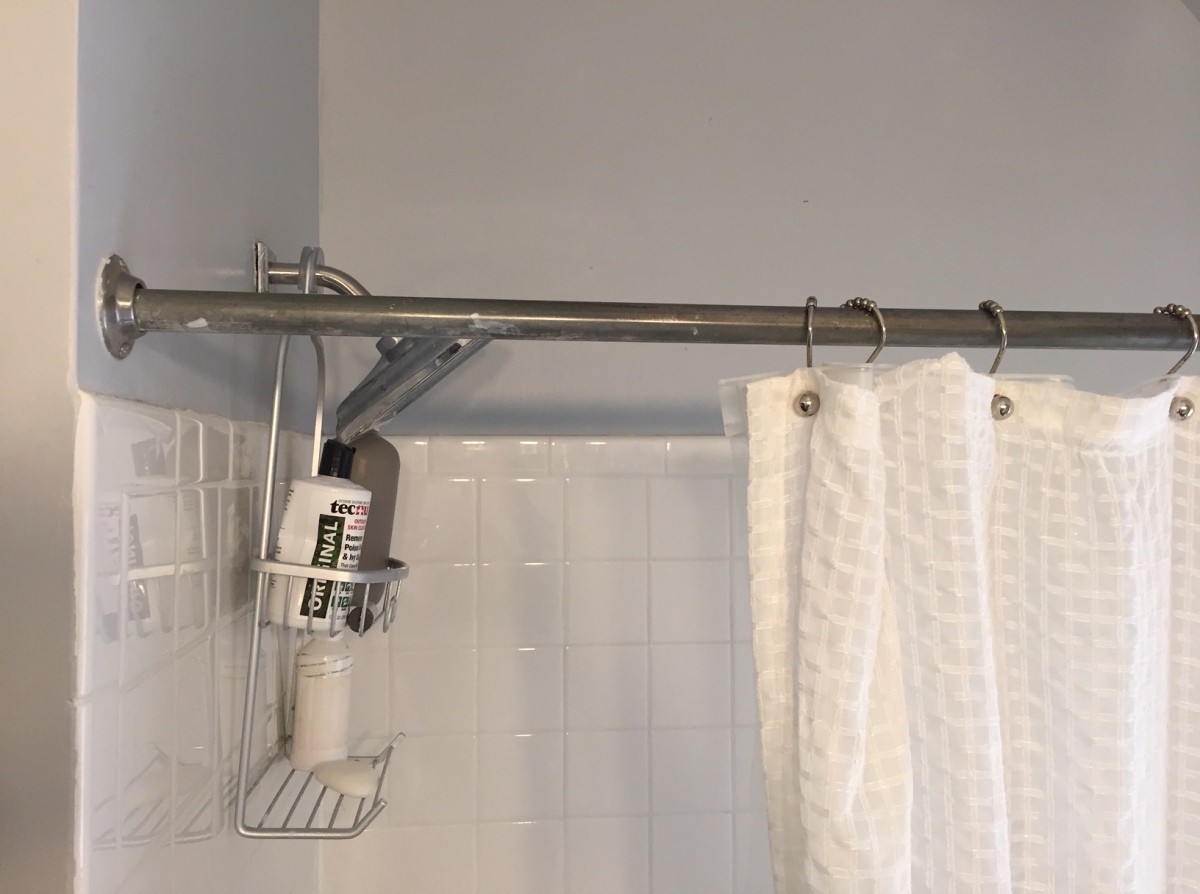Here is the pivotal shower scene in the story I’ve told myself (and my gentle readers) about my struggle with MS:
It’s 2005. I’m in my thirties. I’m in the shower. I’m in pain. I’m sobbing.
I’ve tried MS drug after MS drug. None have stopped, or even slowed, the progress of my MS. The disease has conned my immune system into attacking my central nervous system. Each relapse creates new symptoms. Some symptoms, like vision loss, have proven to be transient, but some symptoms, like the numbness and tingling in my feet, have proven to be permanent.
For years, I’d held out hope for a knight in shining armor to save me from disease progression—in the form of a trial drug called Tysabri. My neurologist at Yale New Haven Hospital had enthralled me with stories of MS patients in his Tysabri trial actually experiencing disease reversal. Naturally, I’d asked him to sign me up.
Just my luck—I was thrown in the placebo group. My MS got no better.
After the Tysabri trial, I was assigned yet another ineffectual MS medication. My MS attacks continued. My Kentucky neurologist informed me “a black hole” had formed in my brain.
By the time Tysabri finally got approved by the FDA, I not only felt I needed this drug: I felt I deserved it.
I got one infusion of Tysabri. And then came the bad news. Some patients on Tysabri had developed PML, a potentially fatal brain inflammation. Tysabri had been taken off the market.
I wasn’t sobbing in the shower because I was afraid of PML. I was sobbing in the shower because Tysabri had been taken off the market. I had lost my chance to get better through Tysabri, or to die trying.
That’s right: I was feeling so desperate that it seemed a perfectly reasonable option to die of PML and suffer no longer from multiple sclerosis.
If this were a love story, Tysabri would be The One That Got Away. I did what anyone does these days when The One gets away; I toweled off and got online to find a new target for my hopes and dreams. And just like that, the drama took an upbeat turn.
The researcher I discovered online actually did put me on a drug that would stop my MS exacerbations, and dramatically slow my progression.
When I joined the daclizumab trial, I didn’t have to lose any time in the placebo group. Eventually, this drug, too, got approved for the market. But eventually this drug, too, got pulled from the market, after being connected (perhaps rashly) to some deaths from inflammatory brain disease.
This time around, there has been no weepy shower scene. There are more fish in the (metaphorical) sea these days than there were in 2005. I have options.
One of those options has turned out to be Tysabri: The One That Got Away. Tysabri has been back on the market for a while, ever since a blood test was developed to gauge a person’s susceptibility to developing PML. When I last met with my neurologist, he suggested I take this blood test. If the results looked good, I would have the option to give Tysabri a second chance.
Cue the music.
I took the blood test. Usually, the results take a day or two.
My results took over a week.
Guess what?
I’m one of those people who is susceptible to PML.
Just my luck.
And I don’t mean that in an ironic self-pitying kind of way. I mean it straight up. For a person struck with a horrible disease, I’ve gotten a lot of fantastic breaks, even when events looked bleak at the time. Especially when events looked bleak.
Let’s look again at that pivotal shower scene.
If I’d known I had narrowly escaped PML, I may not have been crying in the shower. I may not have been as motivated to do the Google search that led me to Bibi Bielekova’s innovative research with daclizumab. I may not have benefitted from twelve years on one of the most effective MS drugs yet discovered.
In a few hours, I meet with my local neurologist, Dr. Z. He’s been at a great big MS conference in LA, hearing all the latest innovations in the field.
Together, we will try to pick the best option for me.
I’m feeling lucky.

